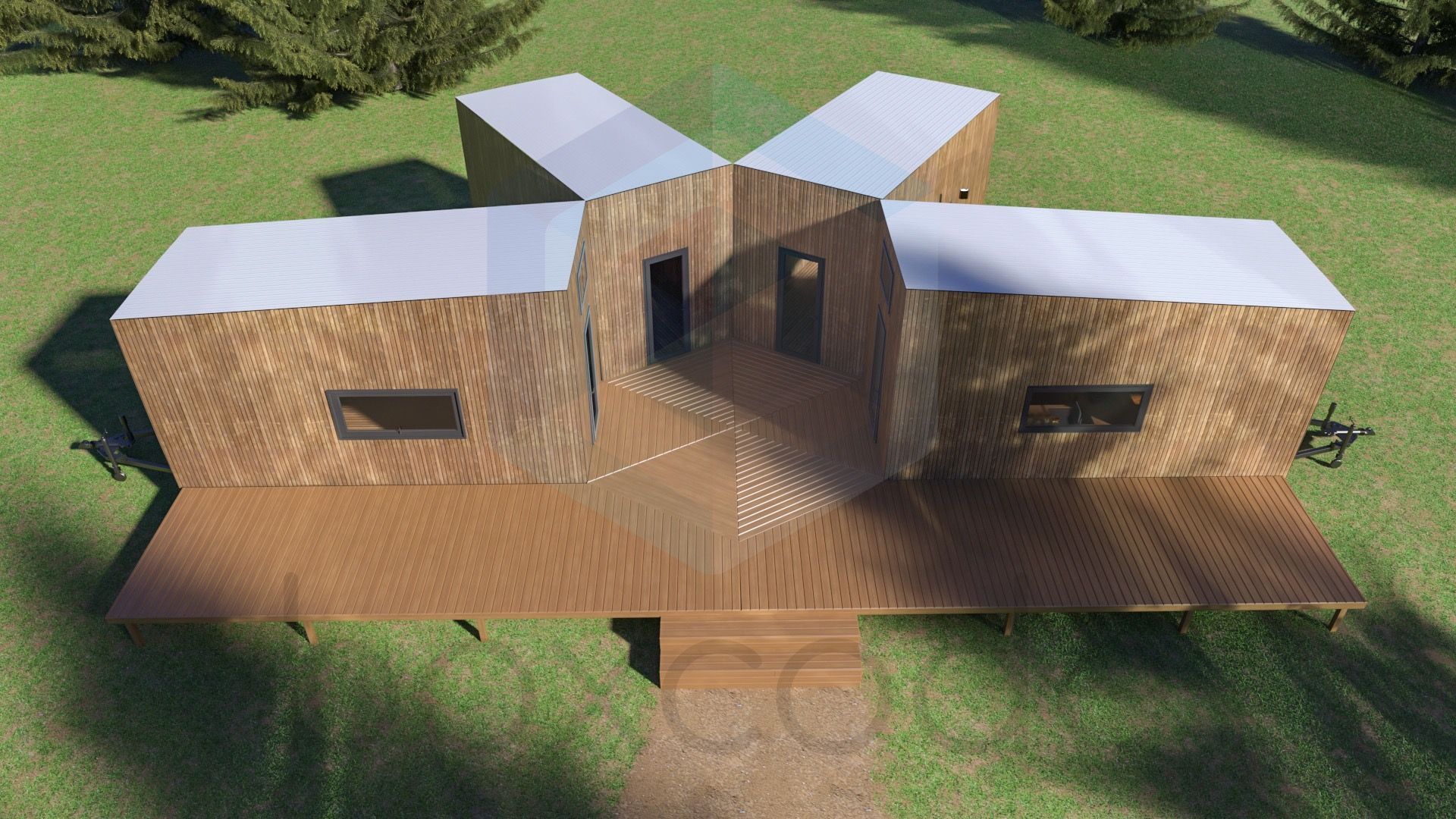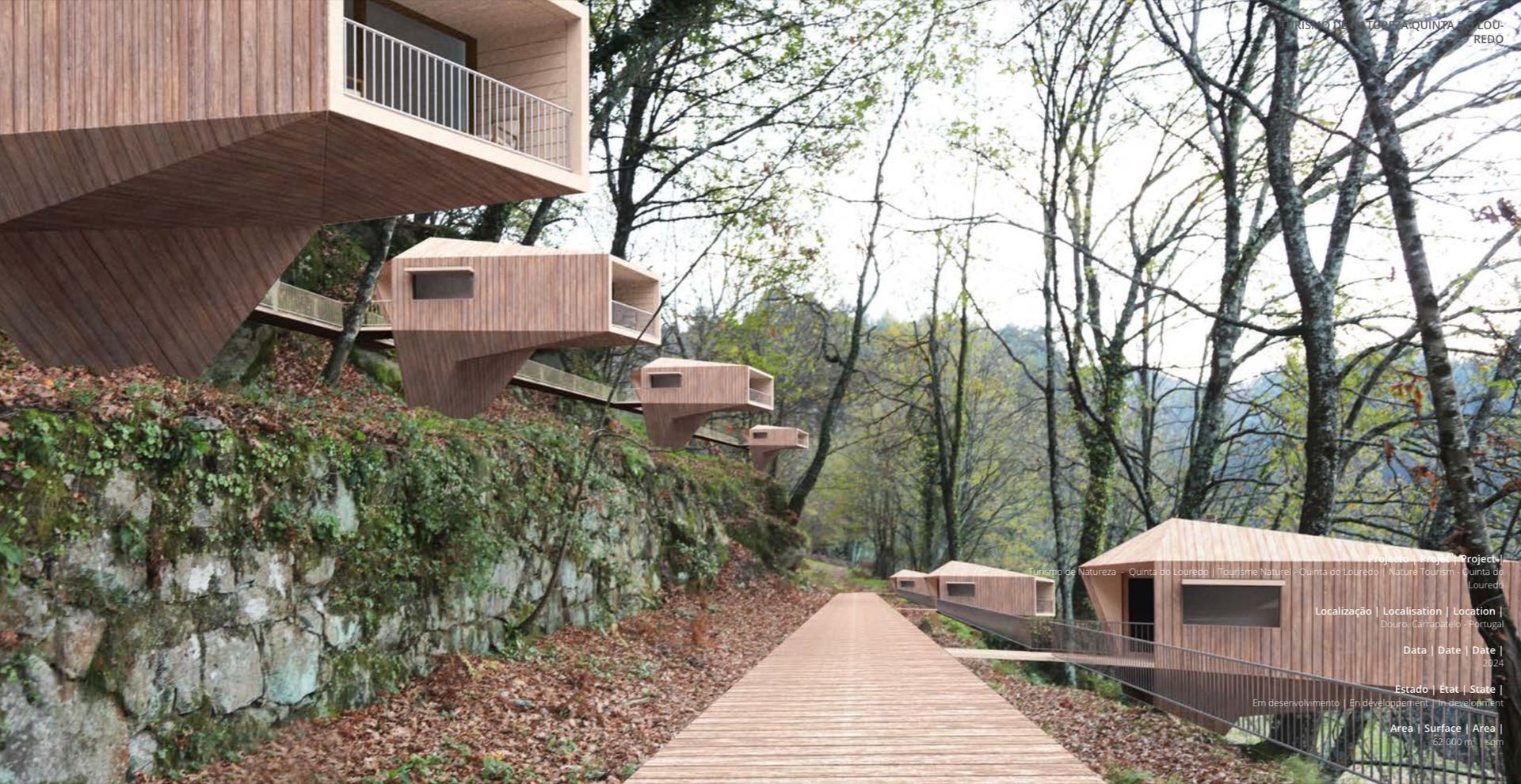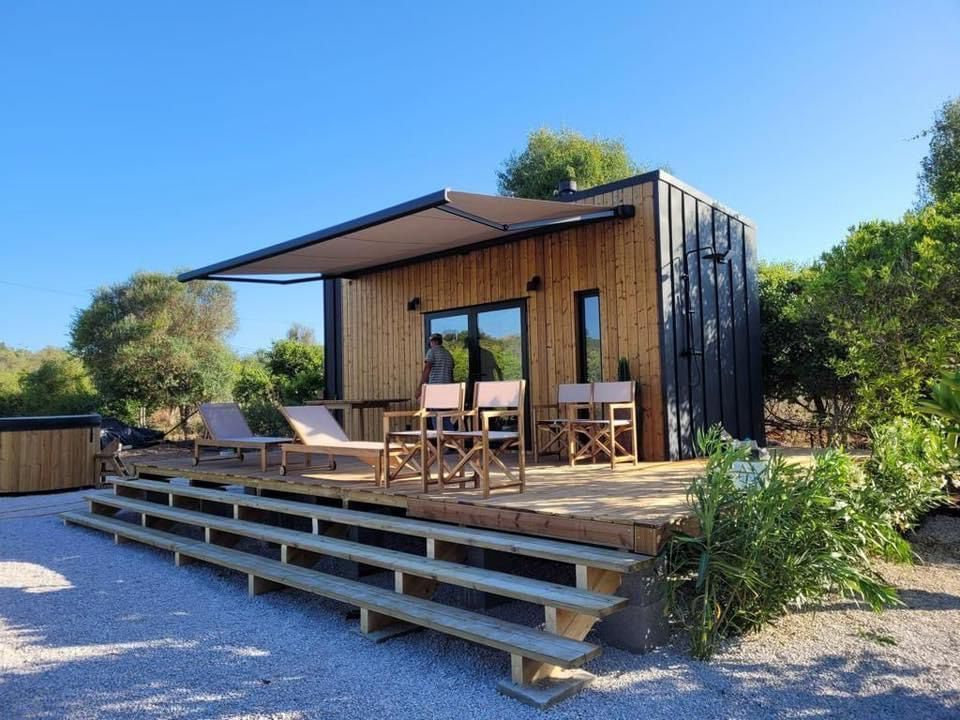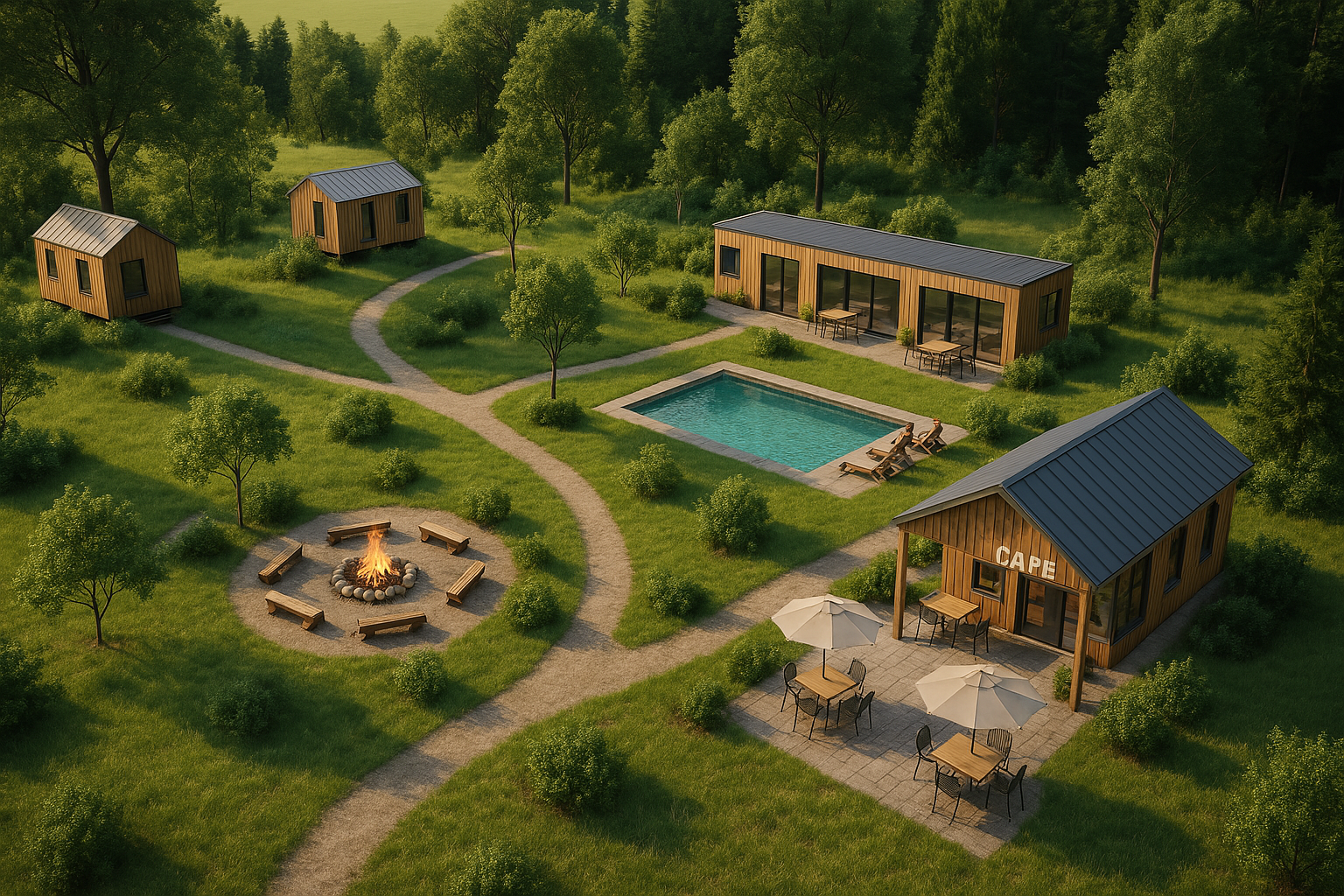Tiny House Living in Portugal: What’s Legal in 2025?
Thinking about living in a tiny house in Portugal?

Whether you're drawn to minimalism, off-grid freedom, or sustainable living, understanding the legal framework is the first step to turning your dream into reality.
In this guide, you’ll learn:
- Where you’re allowed to place a tiny house
- What permits and documents are required
- How mobile and off-grid setups are treated under Portuguese law
- How to get started with legalization
Is It Legal to Live in a Tiny House in Portugal?
Yes—but only with local approval. You can legally live in a tiny house in Portugal, but you’ll need authorization from the local Câmara Municipal. Even mobile or temporary structures are subject to municipal regulations.
Portugal doesn’t have a specific national “tiny house law.” Instead, tiny homes are evaluated under existing planning, construction, and land use rules, which vary by municipality.
What Types of Land Allow Tiny Houses?
1. Urban Land (Terreno Urbano)
Ideal for residential use. Tiny houses placed on urban plots can typically be legalized, as long as the structure complies with local building regulations (size, height, distance from boundaries, etc.).
2. Rural Land (Terreno Rústico)
More complex. Installation may be possible if:
- The land has an approved PIP (Pedido de Informação Prévia), or
- The project qualifies as tourism-related or agricultural support housing.
3. Tourism & Agricultural Zones
In some cases, tiny houses can be placed as complementary dwellings to eco-tourism or farming operations. Approval depends on local zoning and land use plans (PDM - Plano Diretor Municipal).
Do You Need a Permit for a Tiny House on Wheels?
Yes. Even tiny homes on wheels require municipal approval for long-term use on a private plot.
These units may be classified as mobile or special vehicles, but living in them permanently triggers local land-use rules. Connection to utilities, stationary placement, or residential use all require formal approval.
Legalization: What You Need to Know
Tiny houses in Portugal can be legalized in two main ways:
- As permanent structures (with a construction license)
- As mobile dwellings (subject to classification as vehicles and zoning approval)
Regardless of classification, legalization typically involves:
- A technical project prepared by an architect
- Zoning compliance checks
- Approval from the Câmara Municipal
Required Documents to Begin the Process
To move forward, you’ll need to collect the following:
- Caderneta Predial (Property Registry Document)
- Certidão Permanente Predial (Permanent Estate Certificate)
- PDM Survey (Zoning and Land Use Map from the municipality)
- Identification of the Applicant (Passport or Citizen Card)
- Georeferenced Topographical Survey
- Photographic Survey and Drone Videos of the Land
- Vision Board of the intended project or concept
- Master Plan (map of your terrain and its plots, facilities, roads and buildings)
You can prepare these documents with the help of your lawyerr, architect, and local planning office.
How Long Does Legalization Take?
Timeframes vary depending on the municipality, plot type, and quality of the application. Typically, the process takes 2 to 6 months from submission to decision.
To speed things up:
- Ensure all documentation is accurate and complete
- Use a registered architect familiar with municipal procedures
- Request a preliminary meeting with the Câmara Municipal to clarify conditions
Can You Live Off-Grid in a Tiny House?
Yes, but it doesn’t exempt you from legal requirements.
Using solar power, compost toilets, or rainwater harvesting may reduce your need for infrastructure—but you still need permission to live legally on the land. Self-sufficiency does not override zoning laws.
Where Is It Allowed to Place a Tiny House?
Here’s a quick overview:
Tiny House Legal FAQ (Portugal)
Q: Can I live in a tiny house without any permits?
A: No. Even mobile or off-grid structures require municipal authorization in most cases.
Q: Can I register my tiny house as a caravan?
A: In some cases, yes—but only if the house meets specific criteria and is legally roadworthy.
Q: What if I want to rent the house on Airbnb?
A: Then it must also be registered as an
Alojamento Local (Local Accommodation), which comes with its own set of tourism licensing requirements.
Plan Smart, Live Freely
Living in a tiny house in Portugal is entirely possible - as long as you follow the correct legal path.
At Boxcode, we help you:
- Understand your land’s zoning and potential
- Guide you through documentation and licensing
- Deliver a tailor-made, fully compliant tiny house ready to live in or rent out
Ready to Begin?
Contact our team for a preliminary assessment of your land and project idea. We’re happy to review your options and guide you through the process.
Disclaimer: information provided is for educational purposes only. Boxcode Lda does not provide financial or legal advice.
Portugal Tiny Living Blog






